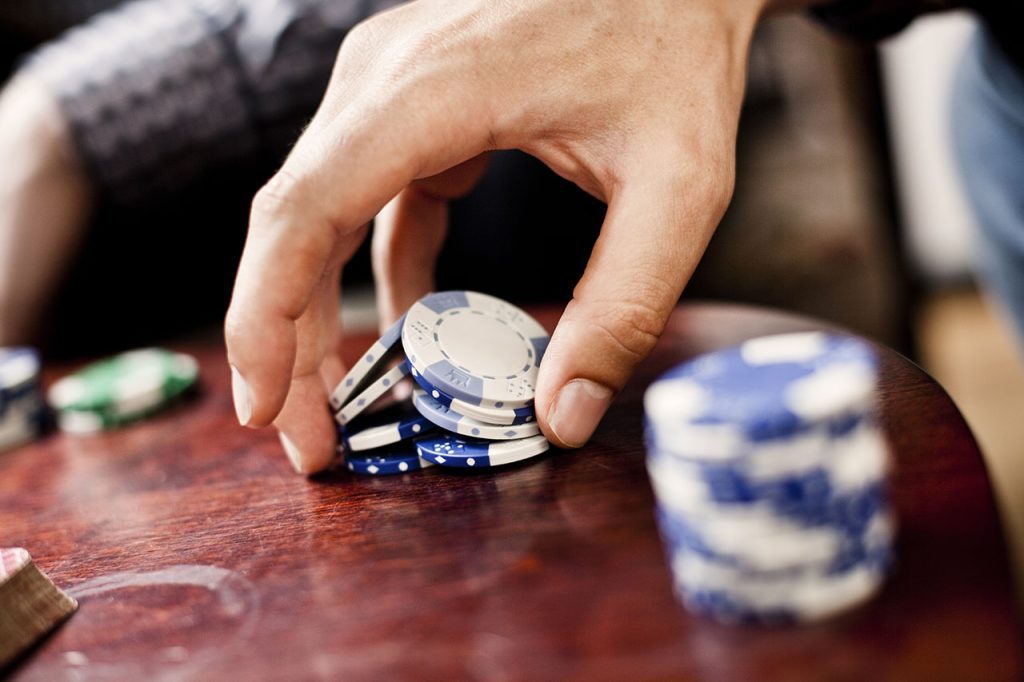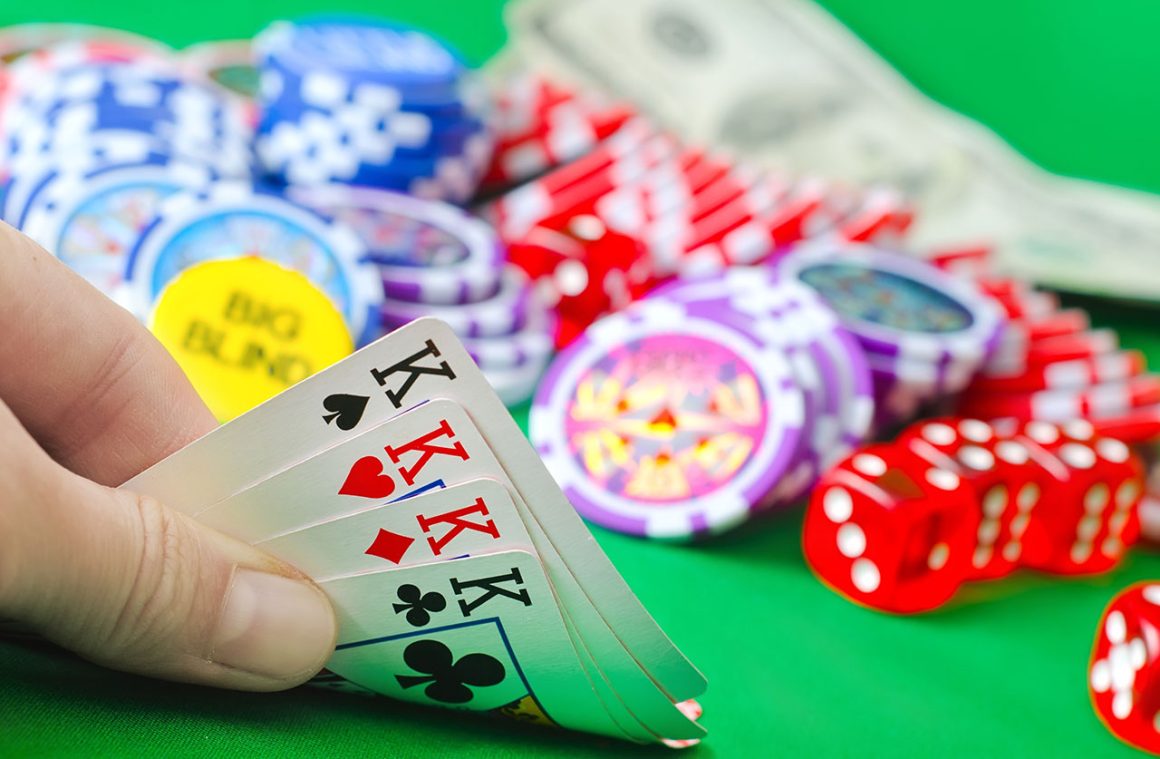We make many decisions every day, and frequently, these choices are made subconsciously or at a near-subconscious level. However, we’re sure you’ve probably encountered situations where you wish you had made better judgments, whether you were making these decisions unintentionally or on purpose. So, how does one make better decisions?
One way is by taking lessons from poker. Poker is an exciting game, and gamblers love it. However, apart from that, it can also teach valuable lessons and help in terms of decision-making. In this article, we will discuss how poker offers valuable lessons and assists in decision-making.
Life is Like Poker
A poker table is a heated environment with unanswered questions and buried clues. Players have access to their personal cards, and, in some games, the communal cards set in the center of the table. When they inspect their cards, they can watch how other players react, and they can infer information about the strength of their hands from the bets of their rivals. However, there is one significant restriction – participants cannot see each other’s cards.
This makes figuring out the best or worst decision in any given situation incredibly challenging. An opponent could be bluffing by pretending to have a good hand when they actually have a poor one (or vice versa). Moreover, even if you win a hand, you aren’t allowed to view the cards of your rivals. You might have won due to chance rather than talent.
This isn’t like playing chess where all the pieces are on the board and you can see every move that can be made. Therefore, life is more like poker and less similar to chess. When we’re about to make a decision, we don’t have access to all the information we’d like. It’s unclear from the available information whether you’ve made a wise or foolish choice based on talent or luck.
We live in a messy world, which makes it challenging to decide how much weight to give to our past experiences when utilizing them as a guide for present and future choices.
Thinking in Terms of Bets
As mentioned earlier, we don’t have access to all the information in life when making decisions. So the question is – how do we improve our chances of making decisions based on reason and objectivity in the future?
We should treat each situation like a poker player. We must think in terms of bets.
By doing this, we are assessing how confident we are in a certain belief or set of beliefs that serve as the basis for a specific decision we will make.
Let’s explain this thought process with a simple example: If you are sure that Germany won the 2022 FIFA World Cup and we ask you, “Do you want to bet on it?” you’ll probably be more careful when challenging your assumption. You might want to look up the result just to be sure. You begin to embrace uncertainty and may declare that you are 80–90% positive that Germany won the World Cup in 2022, even though they didn’t.
You can use this approach to guide both your major and minor life decisions.
Imagine you are debating whether to quit your job and start your own business. You should consider assessing each potential scenario and giving it a probability. Examine the probable outcomes of each scenario in terms of your happiness and sense of fulfillment in life and financial gain. Even though failure may be the most likely outcome, you may decide that the benefit outweighs the risk.
Calculating the precise percentages of success or failure for each scenario is not the objective. It’s not necessary to be exact. Simply put, evaluating decisions (both big and small) objectively requires you to become less emotionally attached to your long-held convictions.

Avoiding Tilt
In poker, any trigger that results in feelings that obstruct making wise, logical decisions is called tilt. Your aim should be to do everything you can to prevent those emotions through self-awareness. For instance, a prominent poker player, Maria Konnikova, discovered that sexist remarks from rivals tipped the scales against her and made her play against preconceptions rather than simply playing well and choosing the right moves to win.
She started putting on noise-canceling headphones while playing since she was planning ahead. Although she could still hear the participants’ comments at the table, she said that wearing headphones allowed her to avoid feelings that would make her react.
The concept of tilt applies in real life, too. When making decisions, you should not allow emotions to control your judgment. For instance, consider the example of the stock market. If you are not thinking rationally and let emotions control your judgment, you could experience huge losses. Many experienced traders recommend keeping emotions in control during trading.
Final Thoughts
Poker is a valuable game that teaches us about life. The concept of thinking in bets and avoiding tilt can help us become more effective decision-makers. Life is like poker because we don’t know about the future. Poker teaches us to keep our emotions in control and think rationally.
A similar approach should be adopted when making significant decisions in life. Letting your emotions control your judgment can lead to severe consequences. Moreover, thinking in terms of bets can help us assess the potential scenarios and consider their outcomes. It allows us to weigh the pros and cons of our decisions.
As a result, we are able to decide objectively. Overall, poker offers valuable lessons for anyone who can comprehend its significant concepts.


Leave a Reply